
A woman who developed an eco-friendly deodorant while being treated for breast cancer has had her product fast tracked with the help of a programme at Lancaster University.
Laura Meehan has designed a 100% sustainable refillable cartridge made of cork, with the help of Lancaster University through its Low Carbon Eco-Innovatory (LCEI) programme.
Her startup, Let’s Rethink This, has developed a product called Nada, and is aiming to improve on current brands on the market which use metal and plastic.
The design, a spherical dome case containing a refillable deodorant core, won a design award through the WORTH Partnership Project and secured funding to support product development, as well as an opportunity to demonstrate the innovation at the Salone del Mobile during Milan Design Week from April 18-23.
Mum-of-three Laura came up with the idea in 2021 after she was treated for breast cancer.
“I was trying to avoid exposure to certain chemicals so I started to use more natural products,” she said.
“But while I was scrutinising what was available in the market I uncovered a lot of greenwashing with claims certain packaging is recyclable when in reality it isn’t.”
With a talent for design that saw her previously win an award for a children’s product, Laura put pen to paper and set about developing a design for a refillable cartridge made of cork.
“The cork tree is the only tree which can regenerate after each harvest of bark,” Laura explained.
“It’s a remarkable thing. So it seems the perfect basis for a product that biodegrades with less impact on the environment.”
But Laura then needed support to formulate a deodorant core so it fit snugly in the dome case.
Through LCEI, a programme which helps small businesses develop low-carbon innovations, Laura was given fully funded access to cutting edge chemistry and engineering facilities and researchers from Lancaster University.
“Working with the university has brought many benefits,” Laura said. “The bottom line is that every stage of developing a new product, especially one as different as mine, takes a lot of resources. That is time and money I simply didn't have. The LCEI programme has overcome that barrier and given me access to very clever people with expertise in turning my idea into something tangible.
“The support has de-risked the development process and accelerated my journey significantly. The experience of working with the university has given me so much confidence and self-belief in this product. It has also opened my eyes to what a valuable research and development resource universities like Lancaster are.”
With a prototype in her hands, Laura is in discussions with manufacturers, exploring fragrance options and looking for investment.
“We should be at the point of civilization when the presumption is that the products we use are not going to harm us or anyone else,” Laura said. “We need to rethink how we make our products and what we make them with, and stop putting the responsibility on consumers all the time.
“I have been starting from scratch, rethinking the process, being realistic with what technology has to offer so far but putting honesty at the heart of every decision.
Let’s Rethink This is one of 28 companies that collaborated with Lancaster University as part of LCEI with a variety of aims such as testing a new product, delivering market research, reviewing a business process or analysing the carbon footprint.
Carolyn Hayes, LCEI Project Manager at Lancaster University, said: “One of the biggest challenges small businesses and charities have is the lack of resources, such as personnel, knowledge and time, to devote to starting their net zero journey.
“The LCEI programme offered access to the skills and expertise of undergraduates, postgraduates and world-renowned academics, leveraging our plethora of world-class facilities, to identify a bespoke course of action. It helped businesses to rethink their carbon footprint and energy consumption, and encouraged them to be prepared for situations like our current energy crisis.”
LCEI was part funded by the European Regional Development Fund (ERDF), and involved a consortium including Liverpool John Moores University (LJMU) and the University of Liverpool.


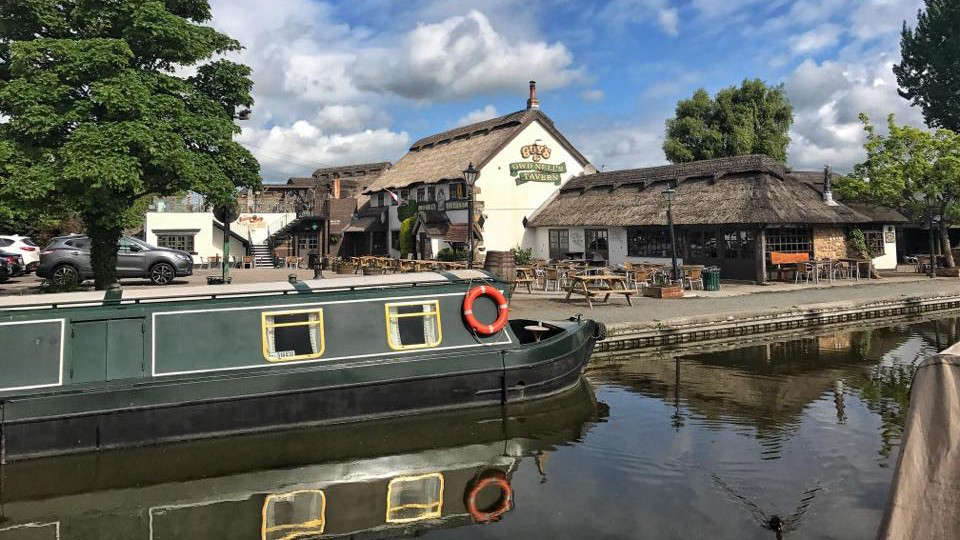 Guys Thatched Hamlet closes suddenly after 46 years
Guys Thatched Hamlet closes suddenly after 46 years
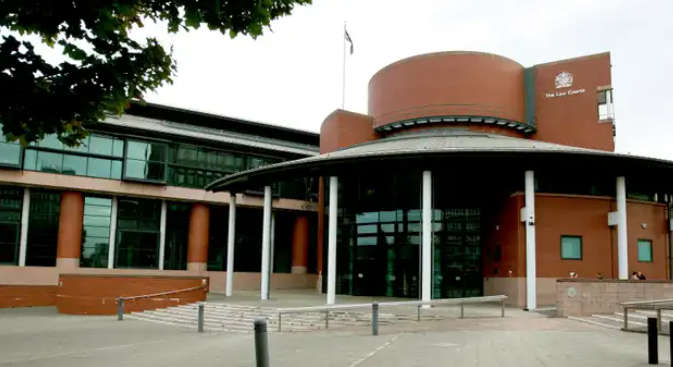 Teenager spared jail for causing death of newborn child in Morecambe
Teenager spared jail for causing death of newborn child in Morecambe
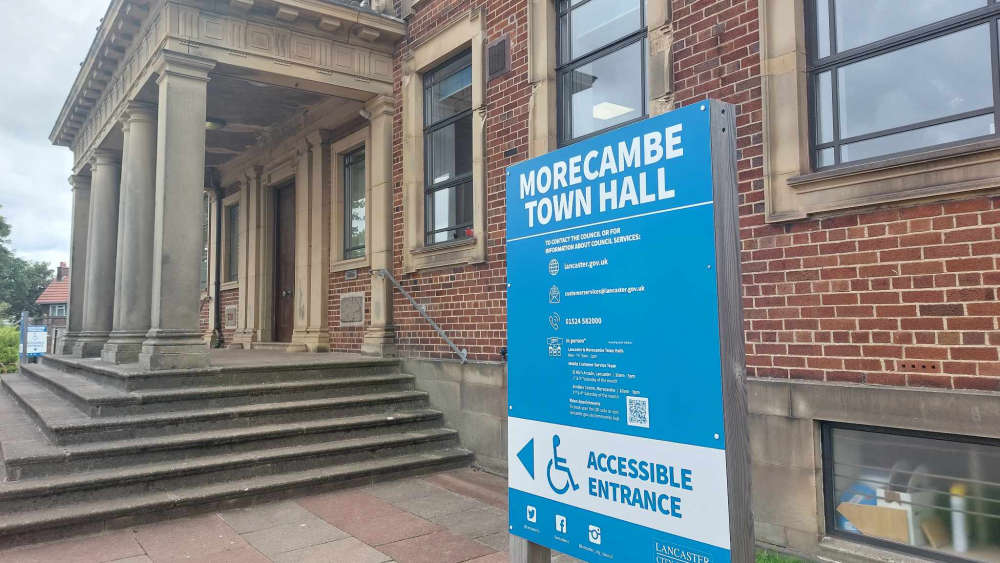 Morecambe Town Council agrees budget and 2.46 per cent rise in Council tax share
Morecambe Town Council agrees budget and 2.46 per cent rise in Council tax share
 Builders of new Lancaster housing development offer £2k cash pot to community groups
Builders of new Lancaster housing development offer £2k cash pot to community groups
 Lancaster centre welcomes mayor for opening of new community kitchen
Lancaster centre welcomes mayor for opening of new community kitchen
 Lancaster shop to close as high street gaming chain faces administration
Lancaster shop to close as high street gaming chain faces administration
 Jim Bentley returns for second spell as Morecambe FC manager
Jim Bentley returns for second spell as Morecambe FC manager
 Ashvir Singh Johal’s reign as Morecambe manager comes to an end
Ashvir Singh Johal’s reign as Morecambe manager comes to an end
 Lancaster writer's ghost story of Morecambe to be voiced by acting legend on Radio 4
Lancaster writer's ghost story of Morecambe to be voiced by acting legend on Radio 4
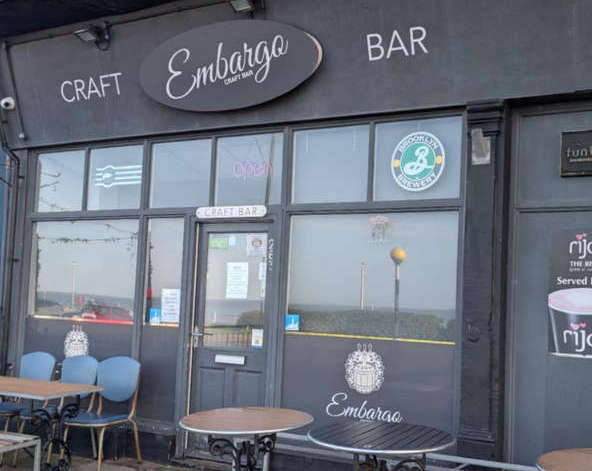 Change of name announced for popular Morecambe bar
Change of name announced for popular Morecambe bar
 Opening announced for new Morecambe bistro inside former post office
Opening announced for new Morecambe bistro inside former post office
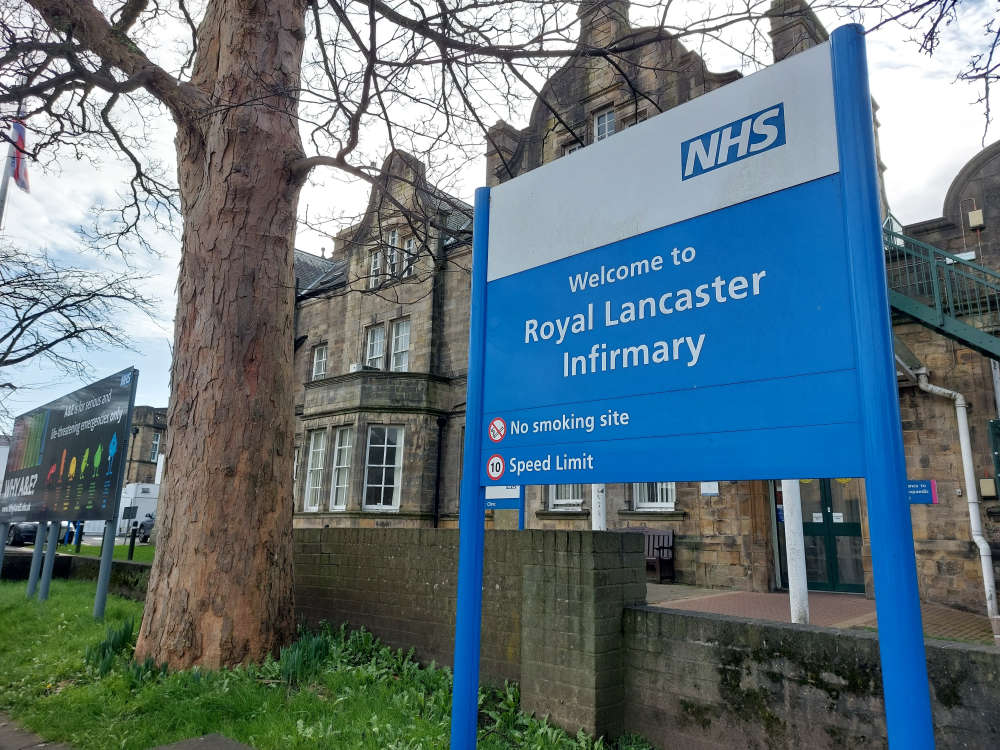 Health watchdog report shows improvements to services at Royal Lancaster Infirmary
Health watchdog report shows improvements to services at Royal Lancaster Infirmary
 LISTEN: How Leo's Gym is making a difference in memory of young Morecambe boxer
LISTEN: How Leo's Gym is making a difference in memory of young Morecambe boxer
 LISTEN: Lancaster set to celebrate Chinese New Year
LISTEN: Lancaster set to celebrate Chinese New Year
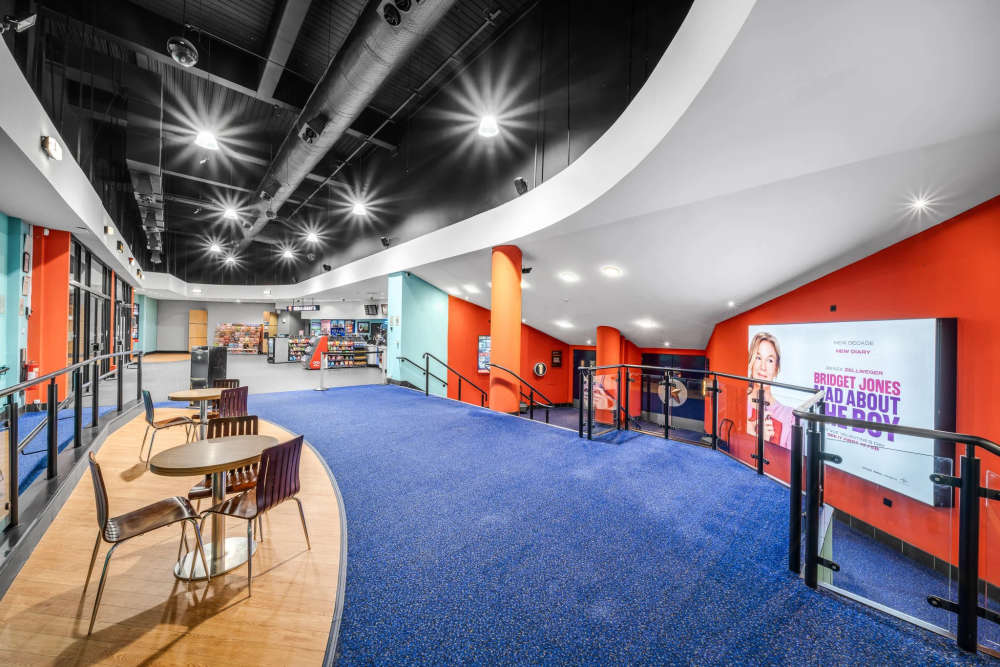 Lancaster’s Vue Cinema under new ownership
Lancaster’s Vue Cinema under new ownership
 Lancaster city centre car park to close ahead of "catalyst for the development of the Canal Quarter"
Lancaster city centre car park to close ahead of "catalyst for the development of the Canal Quarter"
 Crews tackle commercial building fire in Lancaster
Crews tackle commercial building fire in Lancaster
 Heritage plaque to mark first Lancaster University site and Gillow factory
Heritage plaque to mark first Lancaster University site and Gillow factory
 Heysham men appear in court in connection with death of cyclist in Morecambe
Heysham men appear in court in connection with death of cyclist in Morecambe
 Fundraiser launched for Heysham family who lost everything in house fire
Fundraiser launched for Heysham family who lost everything in house fire









